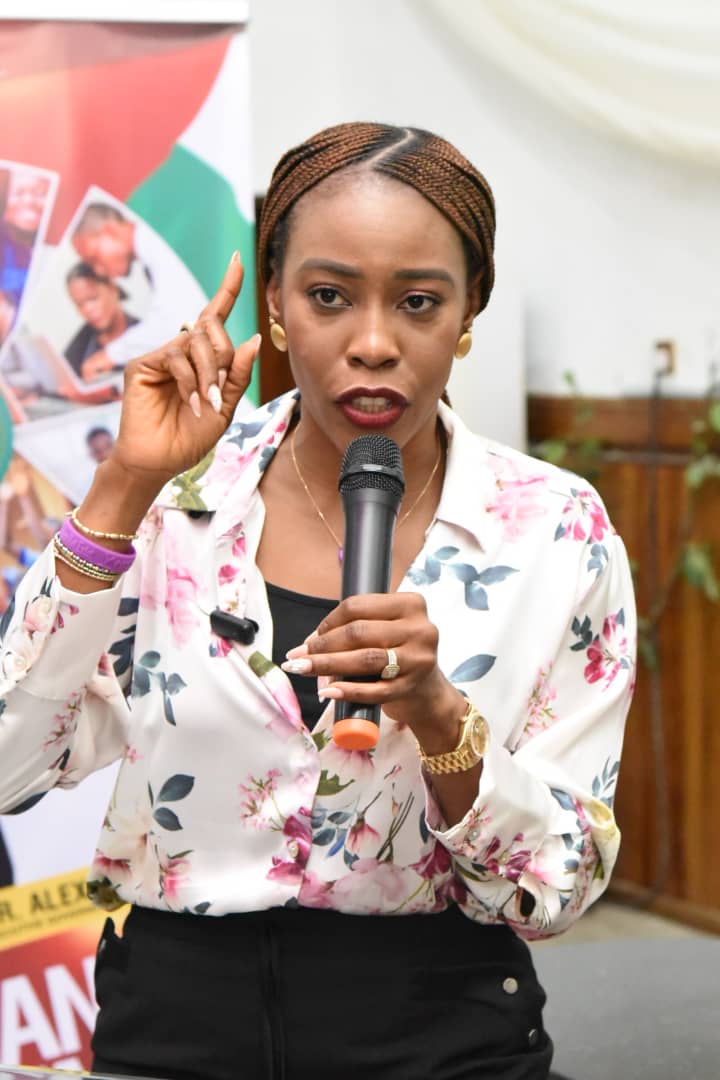A two-day intensive media training focused on enhancing reportorial skills and strengthening media capacity for Human Capacity Development (HCD) reporting commenced on Tuesday at the Aguiyi Ironsi Conference Center, Umuahia.
The training, aimed at equipping journalists with the skills and insights necessary to effectively cover HCD-related issues, was organized by the Abia State Government, led by the Focal Person for HCD and Chairman of the Civil Service Commission, Pastor Eno Jerry Eze. This is the first of its kind in the state.

In her opening remarks, the Convener, Pastor Eno Jerry Eze, highlighted the importance of a more proactive media role in setting the public agenda on HCD, adding that the training is intended for “broader media coverage for HCD.”
She underscored the need for broader media coverage to ensure that HCD initiatives receive sustained attention, noting that by setting the public agenda, the media can help prioritize HCD on the state’s development roadmap.

“Our focus is on agenda-setting: prioritizing HCD in public discourse, information sharing: educating the public on HCD, accountability: ensuring government and stakeholders meet HCD commitments, advocacy: promoting policy changes for HCD, community mobilization: inspiring public support for HCD, and developing impactful HCD stories.”
The state HCD Focal Person noted that the National Economic Council initiated the National HCD Programme in 2018 to address poverty and create sustainable economic growth. She listed the thematic areas of HCD as Education, Health and Nutrition, and Labour Force Participation.

She highlighted that the HCD Programme aligns with the United Nations Sustainable Development Goals (SDGs) 2030, and pointed out that HCD 2.0 in Abia would focus on implementation, governance, and a funding structure to ensure the programme’s sustainability.
“HCD Programme 1.0 was set to establish clear policy targets and multi-sectoral plans for investment in Human Capital and expanding stakeholder support.”
In his speech, Development Communication Expert Mr. Bankole Ebisemiju described the media as a powerful tool that can accelerate HCD in Abia.

Ebisemiju stated that the media has a duty to disseminate essential knowledge and resources, foster a culture of lifelong learning and health awareness, and hold leaders accountable to drive positive social responsibility.
He added that the training would focus on educating journalists on strategies to better project the Abia HCD objectives.
According to him, HCD is a core requirement for the development of the state and the nation at large.
“It is our responsibility to inform people about HCD so they can take advantage of the opportunities within the programme.”
“It is our duty to investigate programmes and policies, publicize them for the public’s benefit, and raise awareness of any loopholes or challenges,” Ebisemiju said.

He also urged journalists to develop a culture of consistent capacity building to remain active and relevant contributors to society’s advancement.
In a vote of thanks on behalf of the participants, Assistant Head of Information and Press, Government House Umuahia, Mr. Divine Nwankwo, appreciated Governor Alex Otti and the State Civil Service Commission for organizing the media training for journalists in Abia State.
Mr. Nwankwo, describing the training as unprecedented and the first in the history of Abia State, commended the resource person for the knowledge shared with the media practitioners. He assured that they would apply what they have learned to promote HCD activities.
“I wish to sincerely thank Governor Alex Otti, OFR, and the management of the Abia State Civil Service Commission for organizing this training for media workers in Abia State.
“This is unprecedented and a first in history. For the Governor to approve this kind of training for journalists shows his commitment to promoting transparency in governance and building a state where the media can hold the government accountable to the people.”

























